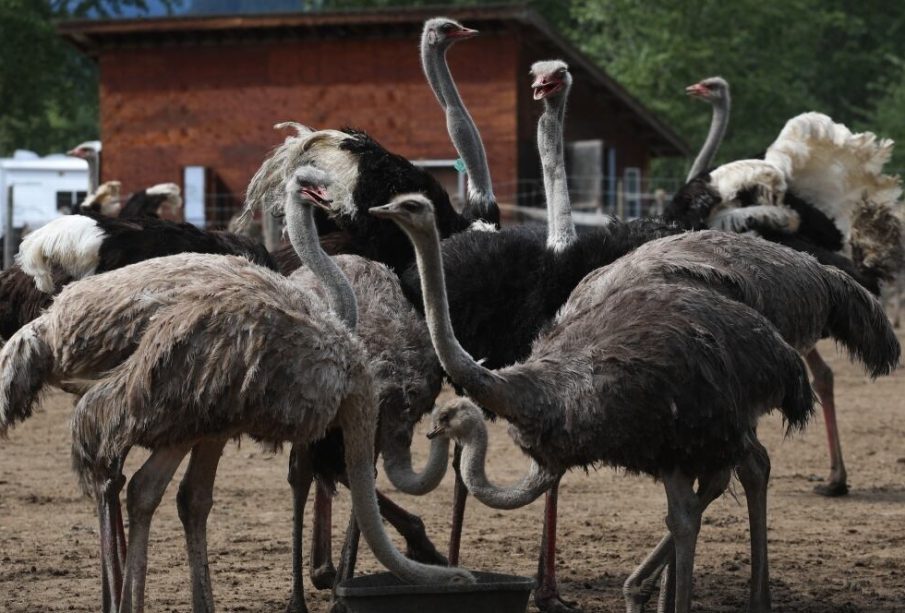The Rise of Ostrich Farms in British Columbia

Introduction: A Unique Agricultural Opportunity
The ostrich farming industry in British Columbia (BC) has been gaining traction in recent years, as farmers look for niche markets and innovative agricultural practices. Ostrich farming offers opportunities for sustainable livestock production, creating a unique experience for both producers and consumers. This article explores the significance and growth of ostrich farms in the province, including their economic benefits and ecological impact.
Growing Interest in Ostrich Farming
With a focus on diversification, Canadian farmers have begun to explore the potential of raising ostriches as a sustainable livestock option. In BC, various farms such as the River Valley Ostrich Farm and the Prichard Family Ostrich Ranch have emerged, contributing to a burgeoning industry. Ostriches are valued not only for their meat, which is lean and considered a healthier alternative to traditional meats, but also for their feathers and hides, which are used in fashion and decor.
Economic Impact and Market Potential
The market for ostrich products has shown increasing potential over the years. According to local agricultural reports, the demand for ostrich meat has risen, with consumers seeking out exotic and sustainable alternatives. Additionally, ostrich farms support local economies by creating jobs and encouraging agro-tourism, as visitors come to learn about the unique farming practices involved. Recent data indicate that ostrich farming can significantly boost farm income, with potential profits ranging higher than traditional livestock farming per acre.
Environmental Benefits
Ostriches are relatively low-maintenance compared to other livestock, as they require less water and feed, which makes them an environmentally sustainable option. Their grazing habits help maintain grasslands and reduce brush overgrowth, supporting broader ecological health. Furthermore, some BC farms are integrating organic farming practices, allowing them to produce organic ostrich products, appealing to the increasingly health-conscious consumer market.
Challenges and Future of Ostrich Farming
However, the industry is not without its challenges. Farmers face issues such as limited access to veterinary care specialized in ostriches and the need for comprehensive marketing strategies to raise awareness about ostrich products. As consumers become more familiar with the benefits of ostrich meat, it is likely that demand will continue to grow, encouraging further research and support for this agricultural niche.
Conclusion: A Sustainable Future
The development of ostrich farming in British Columbia is not just a response to market demand; it represents a shift towards more sustainable agricultural practices. As awareness and appreciation for ostrich products increase, the future looks bright for this unique sector. Potential for growth, both economically and environmentally, may lead to a sustainable agricultural model that resonates with the values of modern consumers. For those considering entering this field, the time may be ripe to explore the innovative world of ostrich farming in BC.








